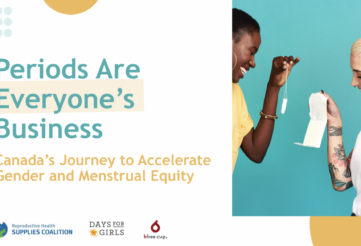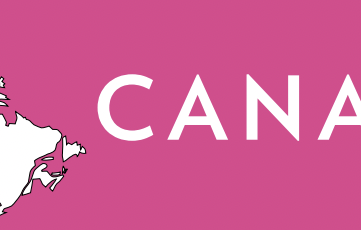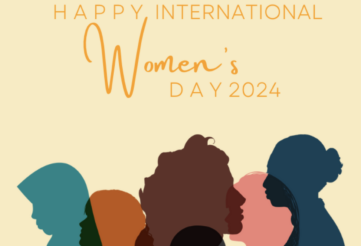Supporting Cambodian Girls: Bridging the Menstrual Health Gap
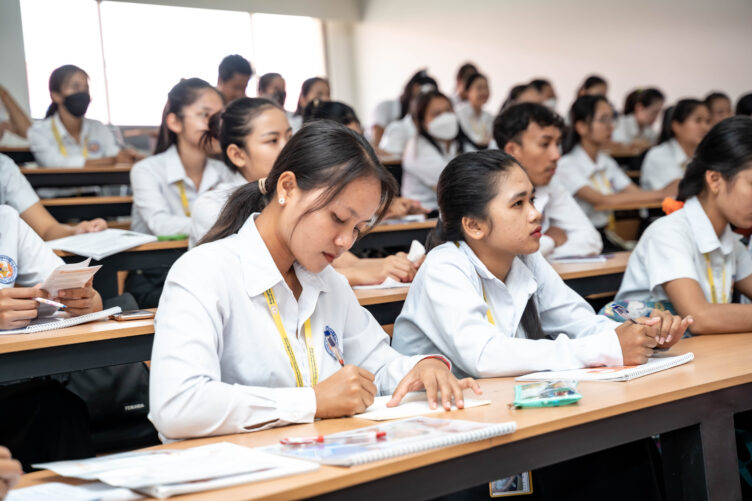
In Cambodia, where females constitute 51.2% of the population, many face limited access to menstrual health (MH) products and accurate information. This not only hinders their personal well-being but also prevents them from participating fully in society and achieving their potential. Research reveals stark gaps in menstrual health (MH) knowledge, access and resources for Cambodian girls:
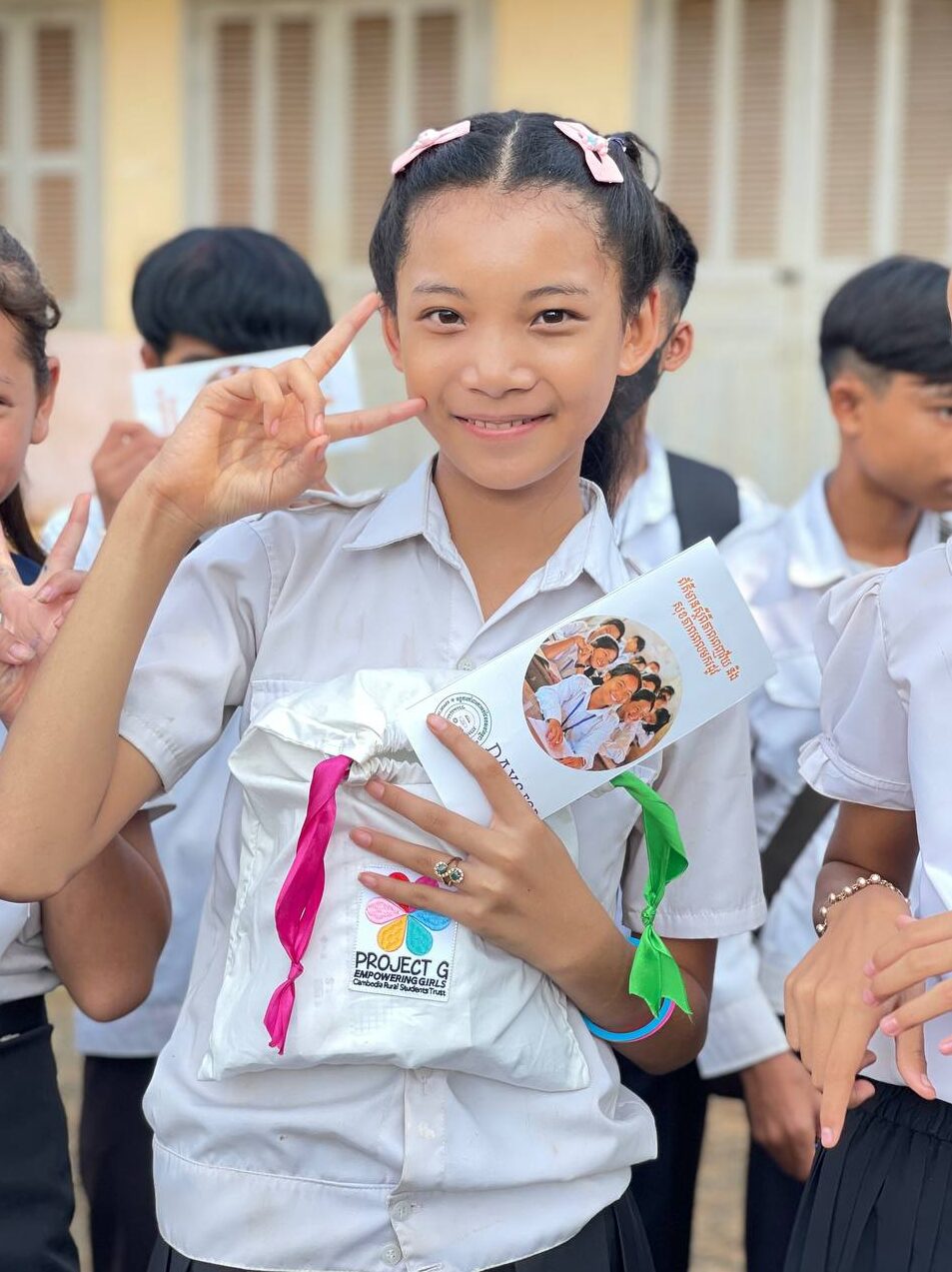 Student Knowledge Gaps: Many young girls lack a fundamental understanding of the menstrual cycle, a critical aspect of their reproductive health.
Student Knowledge Gaps: Many young girls lack a fundamental understanding of the menstrual cycle, a critical aspect of their reproductive health.- Limited Access to Products: Some girls resort to using makeshift materials like leaves or old cloth to manage menstruation, highlighting a need for accessible MH products.
- Lesson Content and Timing: The national curriculum sparsely addressed puberty and menstruation in Grades 6 and 9, and information was not provided early enough.
- Teacher Knowledge Gaps: Teachers, though preferred resources for students with questions about puberty and menstruation, often lack comprehensive knowledge. Due to stigma and insufficient training, they may either skip or insufficiently deliver lessons on this critical topic.
To address these pressing issues, Days for Girls initiated a project in partnership with the Cambodian Ministry of Education, Youth and Sport (MoEYS) and supported by the Cambodia Rural Education Support Organization (CRESO) which aims at increasing access to accurate, well-delivered, age-appropriate and culturally sensitive puberty and MH education in Cambodia. Following a successful pilot project from 2019-2022 in which we trained 34 teachers and reached 471 students, we presented our findings to all project stakeholders and with them co-designed a multi-year (2023-2025) programmatic strategy. This culminated in DfG signing a three-year memorandum of understanding (MOU) with the MoEYS. Now, in 2023, we have been busy implementing our strategy and have so far achieved the following significant milestones:
- Teacher Training Program: We finalized and refined the DfG Teacher Training Program (ToT) and implemented grade five lessons, equipping 227 teachers, including local and trainee teachers, with the knowledge and skills to deliver effective MH education. These teacher trainings were supported by master teachers who had participated in MH training during the pilot.
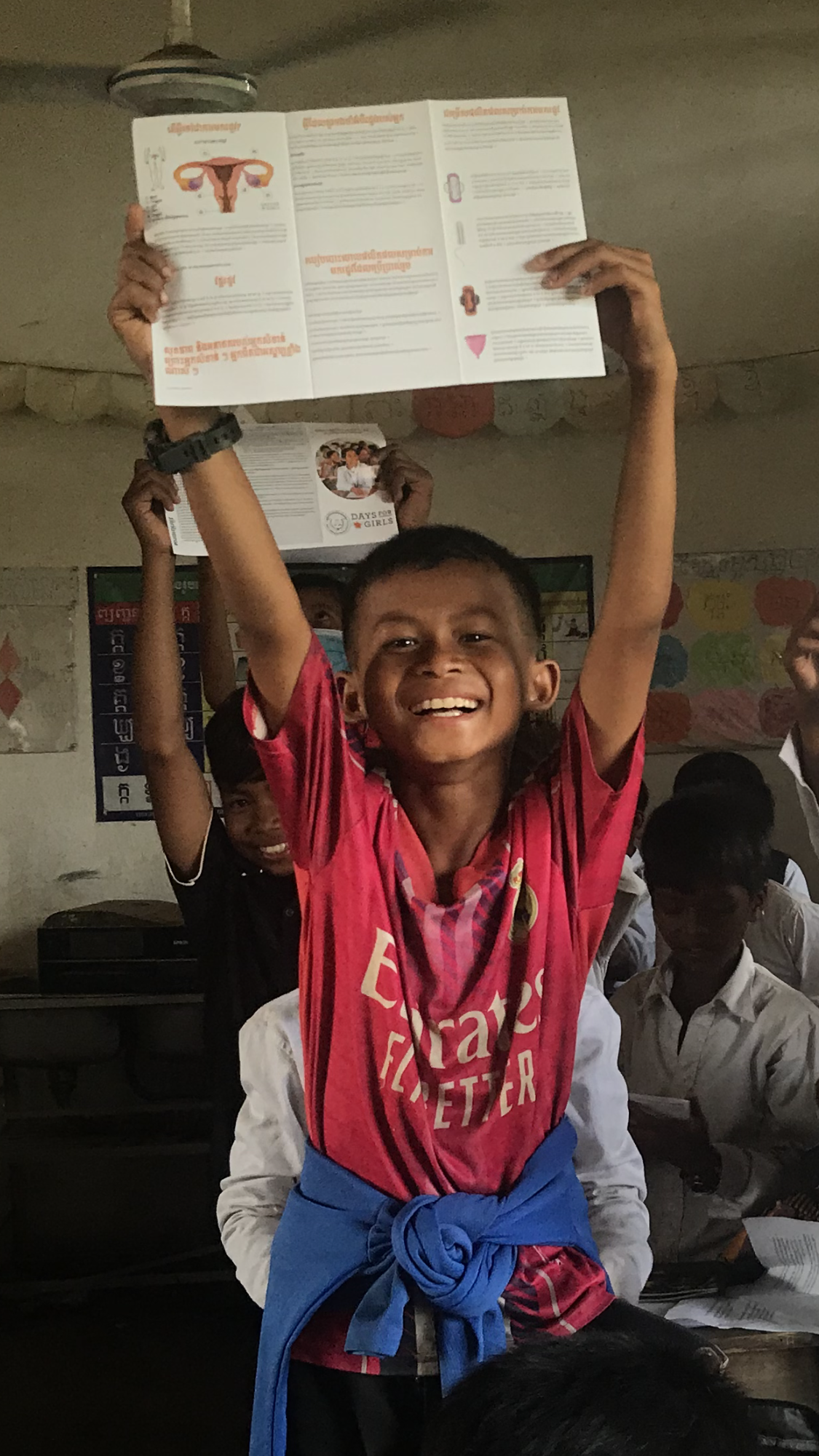
- Additional Lesson Plans: We designed additional lesson plans for grade eight students, ensuring that MH education reaches students at various stages of their development.
- Positive Impact: With our support, teachers successfully delivered DfG’s lessons on puberty and MH to 2,208 students (1,159 girls and 1,049 boys) in Ratanakiri, Mondulkiri, and Kratie provinces. MH lessons are provided to male students as well to increase their understanding of the importance of menstrual health and to build up a culture of MH allyship to further support girls and cultivate sustainable environments of menstrual support. This approach positively influences their knowledge, beliefs and attitudes regarding puberty and MH.
- MH Kits: We distributed locally produced DfG washable menstrual pad Kits to 1,222 female students and teachers, ensuring they had access to safe and reliable MH products.
- Monitoring and Evaluation: To assess effectiveness and gather valuable insights for future programming, we conducted third-party monitoring, learning, and evaluation (MLE) on both the ToT and MH lesson plans.
Our pilot project's MLE data provides a glimpse of the profound impact we anticipate:
- Teacher Knowledge: Prior to the ToT training, 0% of teachers knew the number of phases of the menstrual cycle, compared to 100% after.
- Puberty Awareness: Before DfG training, only 12% of teachers knew the average age when boys start puberty. After training, 91% provided the correct answer.
- Menstrual Cycle: Before the ToT, none of the teachers knew how long sperm can live in the fallopian tubes or uterus. Following training, all teachers had the correct knowledge.
- Menarche Awareness: Prior to the ToT, only 47% of teachers knew the average age of menarche for girls. After training, 94% had the correct information.
- Student Confidence: Before our lessons, just 54% of students felt confident discussing menstruation. Afterward, 85% reported increased confidence.
- Teacher Confidence: Initially, 71% of teachers were concerned about teaching MH lessons due to their limited knowledge. After training, only 23% retained this concern.
 Our MH education sessions are transforming lives. In a 2022 study, 298 girls had “poor MH knowledge” before our programming, but after participating, none scored in this category. Instead, 332 girls achieved “good MH knowledge.”
Our MH education sessions are transforming lives. In a 2022 study, 298 girls had “poor MH knowledge” before our programming, but after participating, none scored in this category. Instead, 332 girls achieved “good MH knowledge.”
Moreover, the impact of DfG Kits is remarkable. These Kits provide comfort and confidence to girls during their menstruation. Prior to receiving a DfG Kit, only 31% of girls felt “confident and comfortable” attending school. After using the Kits, a staggering 98% reported increased comfort and confidence.
Our efforts extend beyond the classroom. Teachers, both male and female, are gaining confidence in discussing menstruation, breaking down harmful taboos, and fostering sustainable MH environments. As students and teachers share their newfound knowledge with their families and communities, the positive effects ripple outward.
Notably, the Cambodian government has endorsed our project, signaling potential changes in national policies to support MH education. We are committed to advocating for MH and expanding community knowledge as more participants receive MH education and share their insights.
In collaboration with the MoEYS, our work is creating a more inclusive and informed society, one where girls and women can fully participate and thrive. Together, we are breaking down barriers and paving the way for lasting change.







